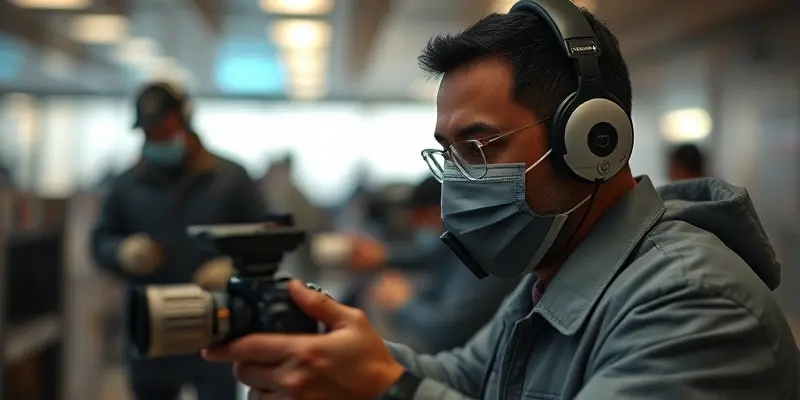By the GymPulse Club Team—Your experts in fitness, recovery, and athletic performance
Why Recovery and Injury Prevention Matter
Whether you’re a weekend warrior, a pro athlete, or just committed to an active lifestyle, recovery and injury prevention are crucial. No one wants setbacks that keep them off the field or out of the gym. But here’s a game-changing secret: the way your coach or leader supports you during tough times can make all the difference.
Enter empathetic leadership—a style of guiding athletes that is transforming the way teams recover and perform. What exactly does this mean, and how can it benefit your longevity and results? Let’s break it down.
What Is Empathetic Leadership in Sports?
Empathetic leadership goes beyond barking orders or simply designing drills. It means a coach or team leader tries to “walk in your shoes”—understanding what you feel physically and emotionally. Instead of seeing athletes as interchangeable, empathetic leaders value individual wellbeing as much as performance.
Why does this matter? Because when athletes feel heard and cared for, they recover faster, prevent injuries, and stay motivated for the long haul—not just for the next match.
How Empathetic Leadership Prevents Injuries and Speeds Recovery
Emotional Support: The Hidden Recovery Tool
After an injury, athletes often feel isolated, anxious, or fearful about their future. An empathetic coach checks in beyond the rehab schedule—asking, “How are you really feeling today?” This care silences self-doubt and keeps motivation alive.
For example: Imagine a runner who sprains her ankle. Her coach involves her in team strategy sessions, celebrates small rehab milestones, and reminds her that she’s still a valued part of the squad. She stays mentally engaged, rebuilding confidence while she heals physically.
Building Trust: Early Reporting and Prevention
Empathy builds trust. When athletes don’t fear judgment or harsh consequences, they’re more likely to speak up: “My knee has been sore—it’s minor, but I wanted to mention it.” This transparency helps coaches adjust training loads before a minor pain becomes a major injury.
Personalizing Prevention
No two athletes are the same. Empathetic leaders get to know what stresses or motivates each athlete—then personalize prevention. If someone is juggling exams or family issues, a wise coach lightens the load or offers extra recovery tech/support, preventing overuse and mental burnout.
From Recovery to Longevity: Empathy as a Performance Multiplier
Athletic careers aren’t just measured in wins—they’re built on consistency, motivation, and resilience through setbacks. Empathetic leadership fosters psychological resilience. Athletes are encouraged to see value in the recovery journey and remain engaged with teammates, reducing feelings of isolation.
Motivated, cared-for athletes are less likely to burn out. They’re more willing to put in the hard work required to return stronger, and maintain a healthy work-life-sport balance—boosting both their physical and mental longevity.
Practical Strategies: How Coaches and Athletes Can Lead with Empathy
Want to harness the power of empathy? Try these steps:
- Open Communication: Encourage honest reporting of pain or anxiety—no shame or fear of lost playing time.
- Personalize Recovery: Adapt training/rest based on each athlete’s current physical and emotional status.
- Celebrate Small Wins: Recognize progress during rehab, not just game-day achievements. Consider using our injury recovery checklist to keep track of progress and milestones.
- Stay Connected: Keep injured athletes involved in team activities, roles, or mentor pairings.
- Promote Balance: Check in about stress outside of sports; support breaks and restful downtime.
- Continuous Education: Integrate mental skills training, like visualization and mindfulness, into your program.
Conclusion: Ready to Become an Empathetic Leader or Athlete?
Empathetic leadership isn’t just a “nice-to-have”—it’s a must for any serious athlete or team. By supporting the whole person, not just the player, you’ll build a foundation for rapid recovery, lower injury rates, and stronger long-term performance.
Ask yourself: How can you bring a bit more empathy into your next game, practice, or training session? Your body—and your teammates—will thank you for it.
For more science-backed tips on recovery, leadership, and reaching your potential, stay tuned to GymPulse Club!
Author: [Name], Lead Performance Specialist at GymPulse Club
(Have a story about empathy in your sport? Share it with us!)

